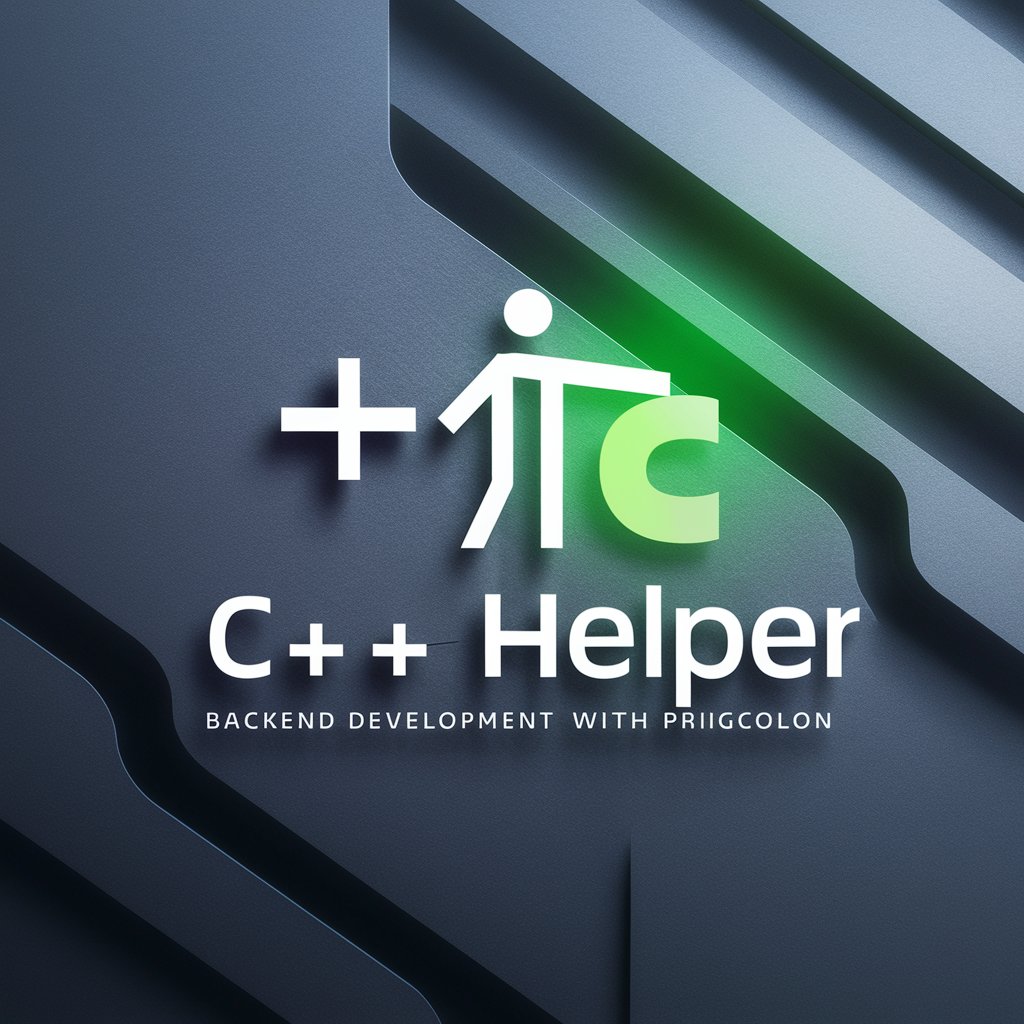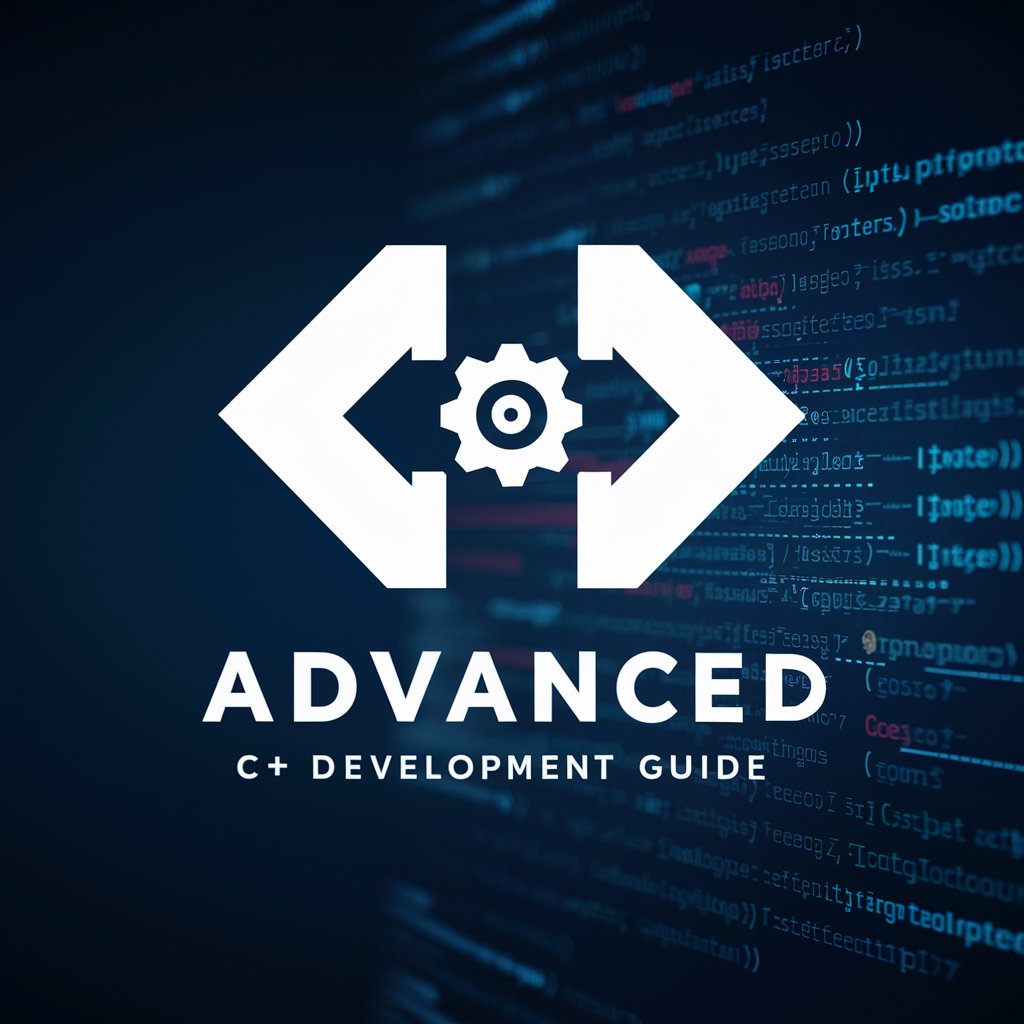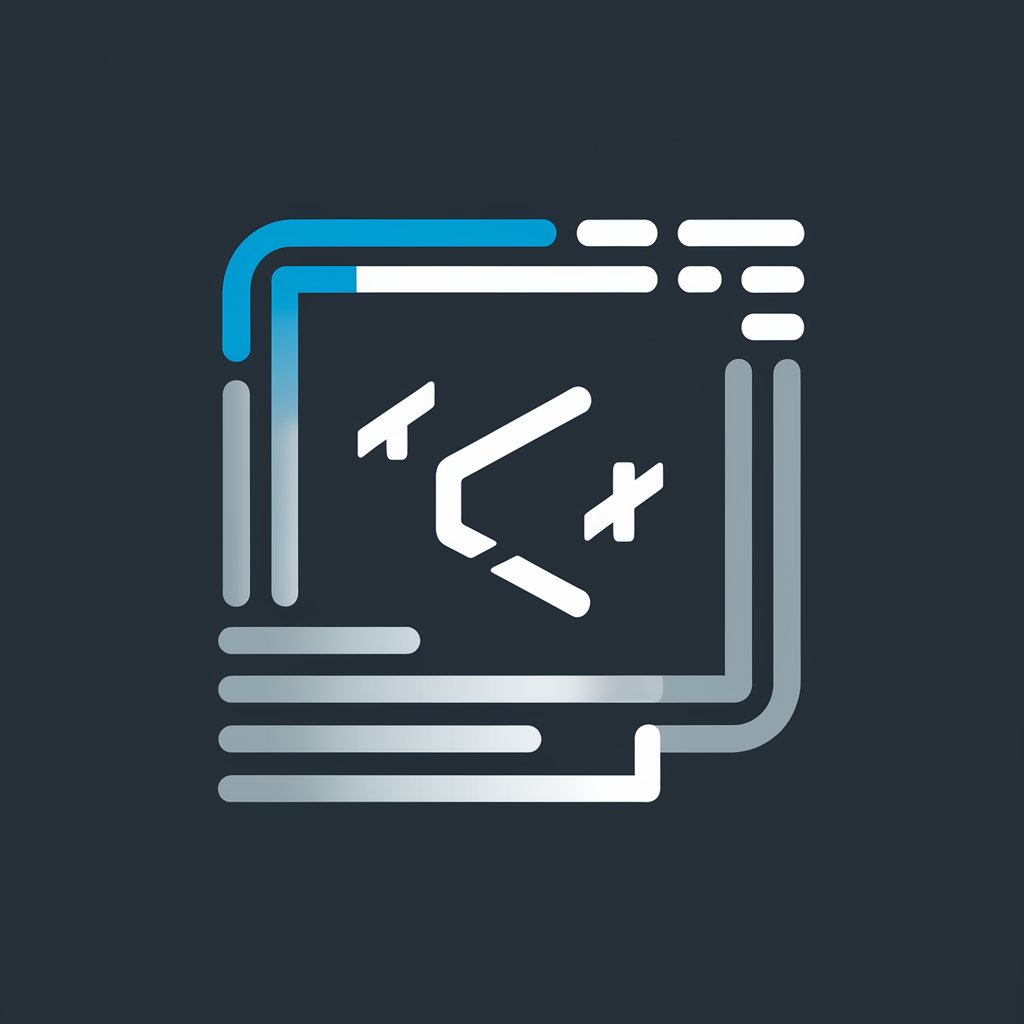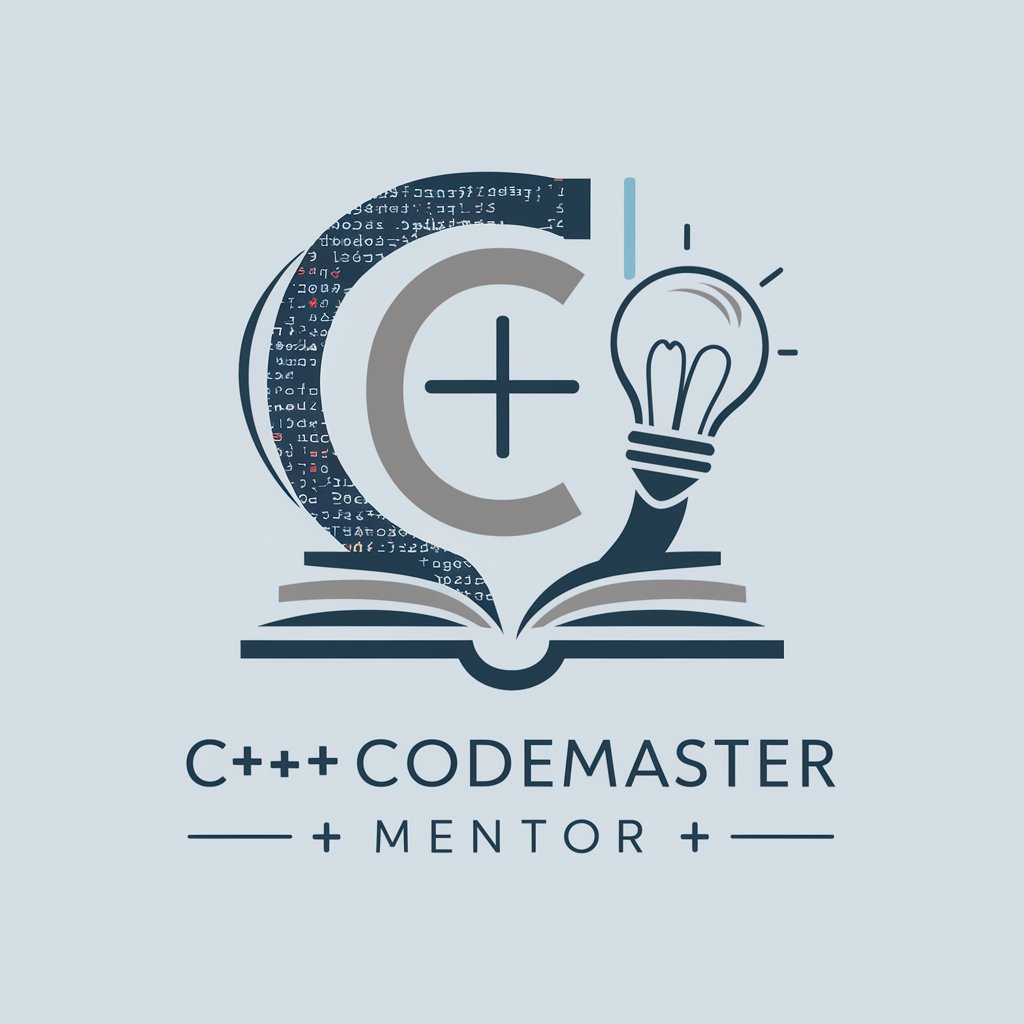
💻 Boost Your C++ Application - C++ Boost Integration Guide

Hello, Boost your C++ application with expert guidance!
Elevate C++ projects with AI-driven Boost libraries
Explain how to integrate the Boost Asio library for network programming in C++.
Guide me through setting up Boost Test for unit testing my C++ application.
How can I use Boost Smart Pointers to manage dynamic memory in my C++ code?
Describe the steps to optimize my C++ application using Boost Multi-index containers.
Get Embed Code
Understanding 💻 Boost Your C++ Application
💻 Boost Your C++ Application is designed to guide C++ developers through the process of enhancing their applications using the Boost libraries. These libraries offer a vast range of functionalities, from threading and networking to data structures and algorithms, aimed at making C++ development more efficient, portable, and scalable. The purpose is to provide developers with detailed, step-by-step instructions on selecting the right Boost library for their specific needs, integrating it into their existing codebase, and ensuring its optimal performance within their application. For example, if a developer needs to implement asynchronous operations to improve the performance of their network application, 💻 Boost Your C++ Application would guide them through selecting Boost.Asio for networking tasks, integrating it into their project, and using it to handle asynchronous I/O operations. Powered by ChatGPT-4o。

Core Functions of 💻 Boost Your C++ Application
Library Selection Guidance
Example
Helping select Boost.Filesystem for managing file paths, directories, and files in a portable way.
Scenario
A developer needs to enhance a cross-platform application's file handling capabilities without relying on platform-specific code.
Integration Strategies
Example
Integrating Boost.Serialization to serialize complex objects for network transmission.
Scenario
An application requires efficient transmission of custom data structures over a network, necessitating serialization and deserialization.
Codebase Modification Advice
Example
Advising on refactoring code to utilize Boost.Thread for multithreading enhancements.
Scenario
Improving an application's performance by introducing parallel execution of tasks previously processed sequentially.
Thread Safety and Race Condition Prevention
Example
Implementing Boost.Mutex within multithreaded sections to ensure thread safety.
Scenario
A multi-user application needs to prevent data corruption and ensure consistent access to shared resources.
Functionality Enhancement Methods
Example
Leveraging Boost.Asio for non-blocking network communication.
Scenario
Enhancing a server application to handle multiple client connections concurrently without blocking I/O operations.
Testing Strategies
Example
Using Boost.Test for comprehensive testing of newly integrated Boost libraries.
Scenario
Ensuring that the integration of a Boost library does not introduce regressions or negatively impact the application's existing functionality.
Rollback Plans
Example
Preparing for potential rollback scenarios if a Boost library integration does not meet performance expectations.
Scenario
Developing a contingency plan to revert changes if the new library integration causes unforeseen issues.
Exploration of Future Opportunities
Example
Guiding developers through potential future uses of Boost libraries to further enhance their applications.
Scenario
Identifying new areas within an application that could benefit from the integration of additional Boost libraries for further improvement.
Who Benefits from 💻 Boost Your C++ Application
C++ Developers
Developers looking to enhance the performance, portability, and scalability of their applications with Boost libraries. They benefit from comprehensive guidance on integrating these libraries into their existing projects.
Project Managers
Project managers overseeing C++ projects who need to ensure that their teams are utilizing the most effective tools and libraries to deliver high-quality software efficiently. They benefit from understanding how Boost can solve common development challenges.
Students and Educators
Students learning C++ and educators teaching modern C++ practices can greatly benefit from understanding and applying Boost libraries to solve complex problems, making their learning and teaching more applicable to real-world scenarios.
Software Architects
Software architects designing the structure of complex C++ applications will find value in the modular and high-performance solutions offered by Boost libraries for addressing common and niche problem areas efficiently.

How to Use Boost Your C++ Application
1
Begin by visiting yeschat.ai for an immediate, complimentary trial without the need for registration or ChatGPT Plus subscription.
2
Select the Boost C++ library that best fits your project's requirements by evaluating your application's needs against the functionalities offered by different Boost libraries.
3
Integrate the chosen Boost library into your C++ project. This involves including the appropriate Boost header files in your source code and linking against the necessary Boost library binaries.
4
Modify your application's codebase to leverage the Boost library's features, which may include refactoring existing code to utilize Boost's more efficient or more capable constructs.
5
Test your application thoroughly to ensure that the integration of the Boost library is successful and does not introduce any regressions or new issues.
Try other advanced and practical GPTs
Pixel Prowess
Empowering Creativity with AI

AI Word Cloud Maker
Crafting Clouds of Words with AI
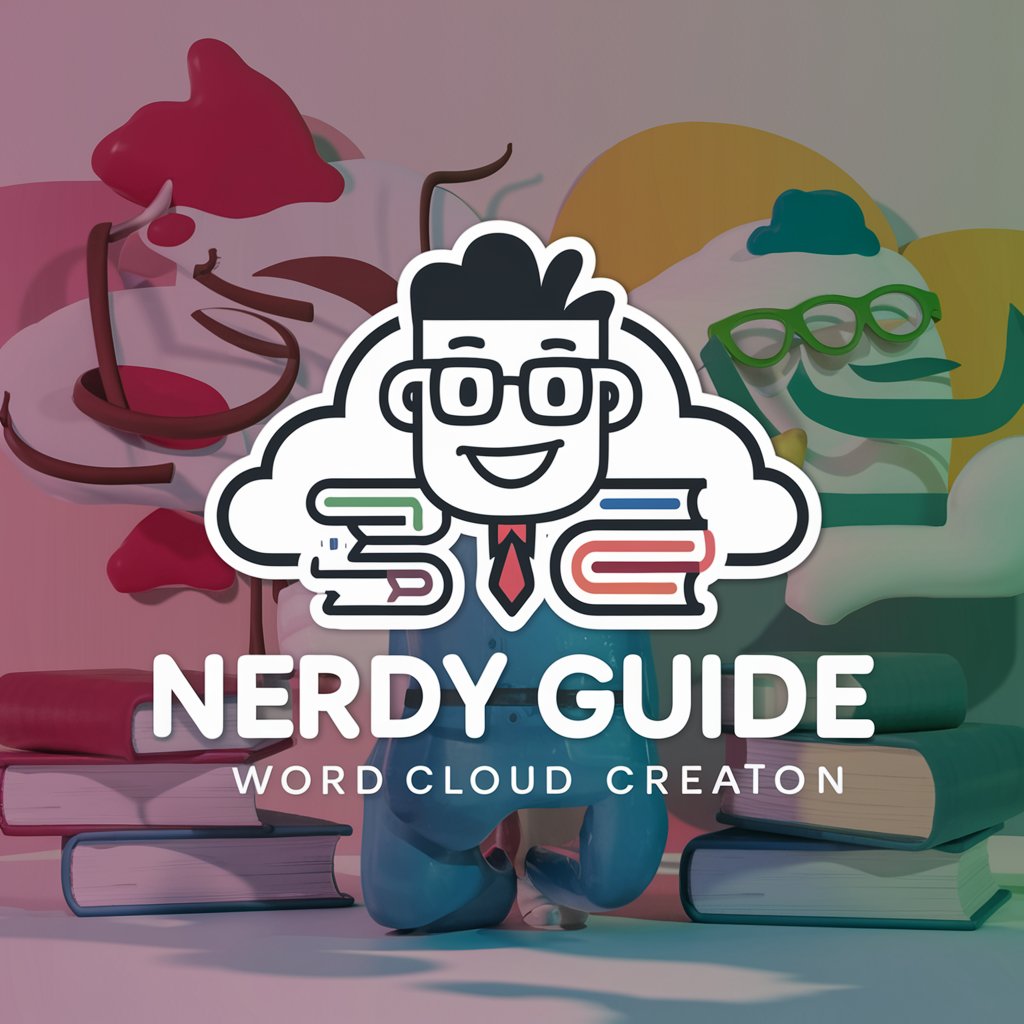
WordWorker.ai
Empowering Language Mastery with AI
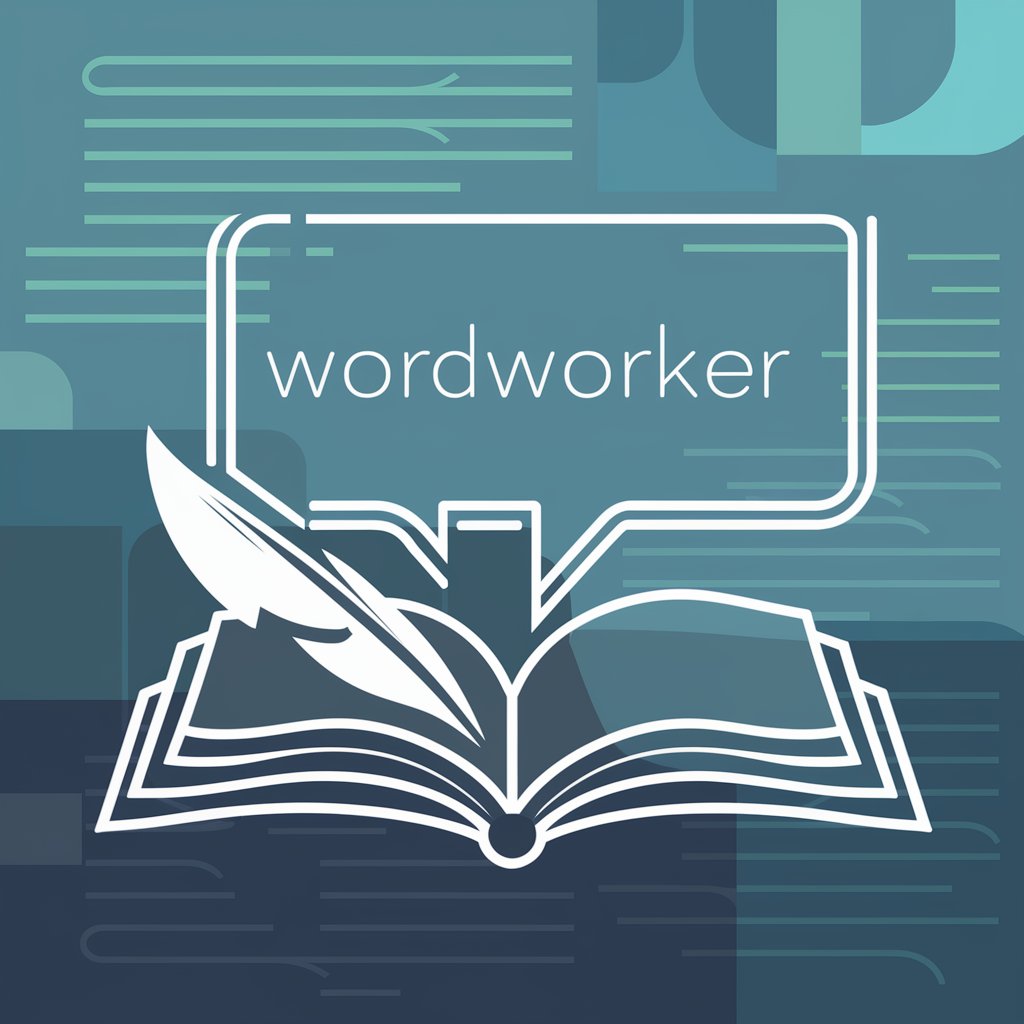
Math Formal Proof Assistant
Elevating proof development with AI

AI Exam Helper
AI-powered question generation and study tool

Ask Fulcra (experimental)
Unlock Your Life's Data with AI
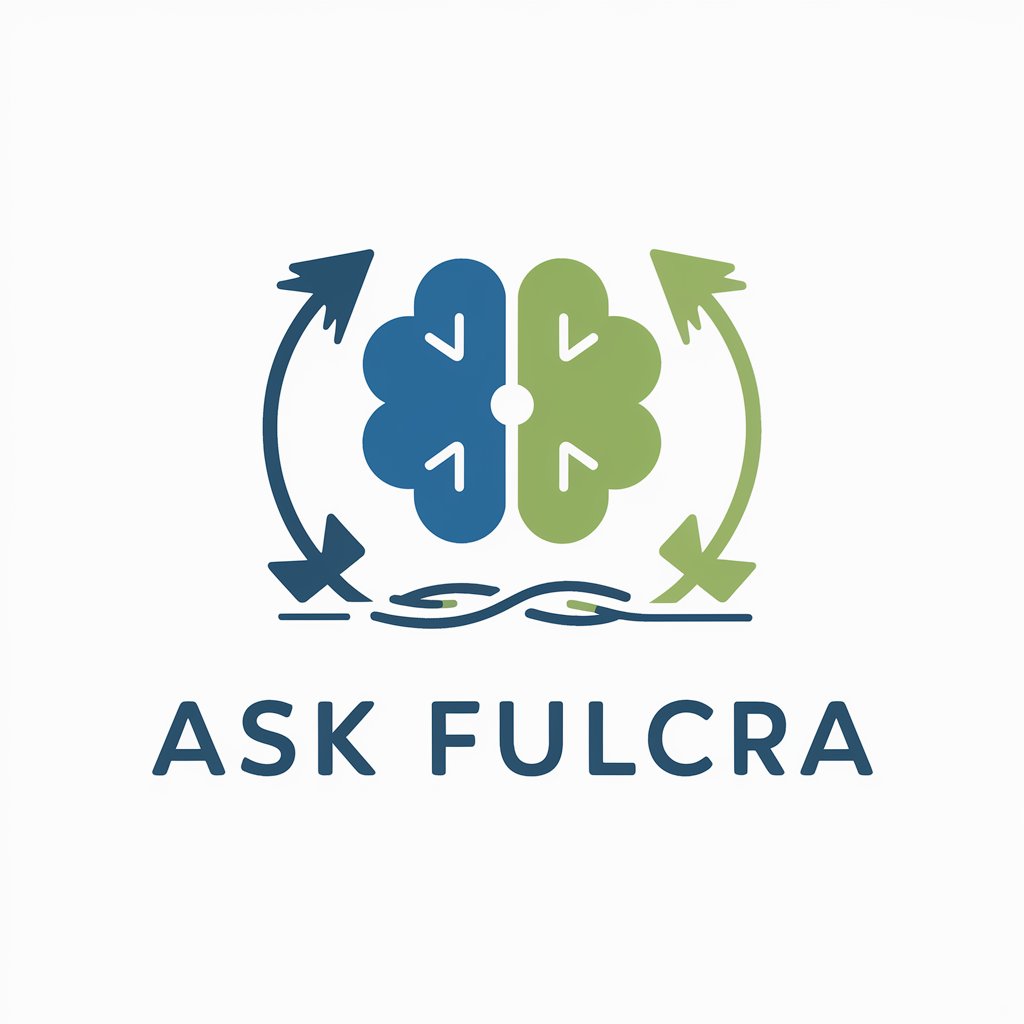
Lua Logic: Elevate Your Control Flow Skills
Elevate Your Control Flow with AI
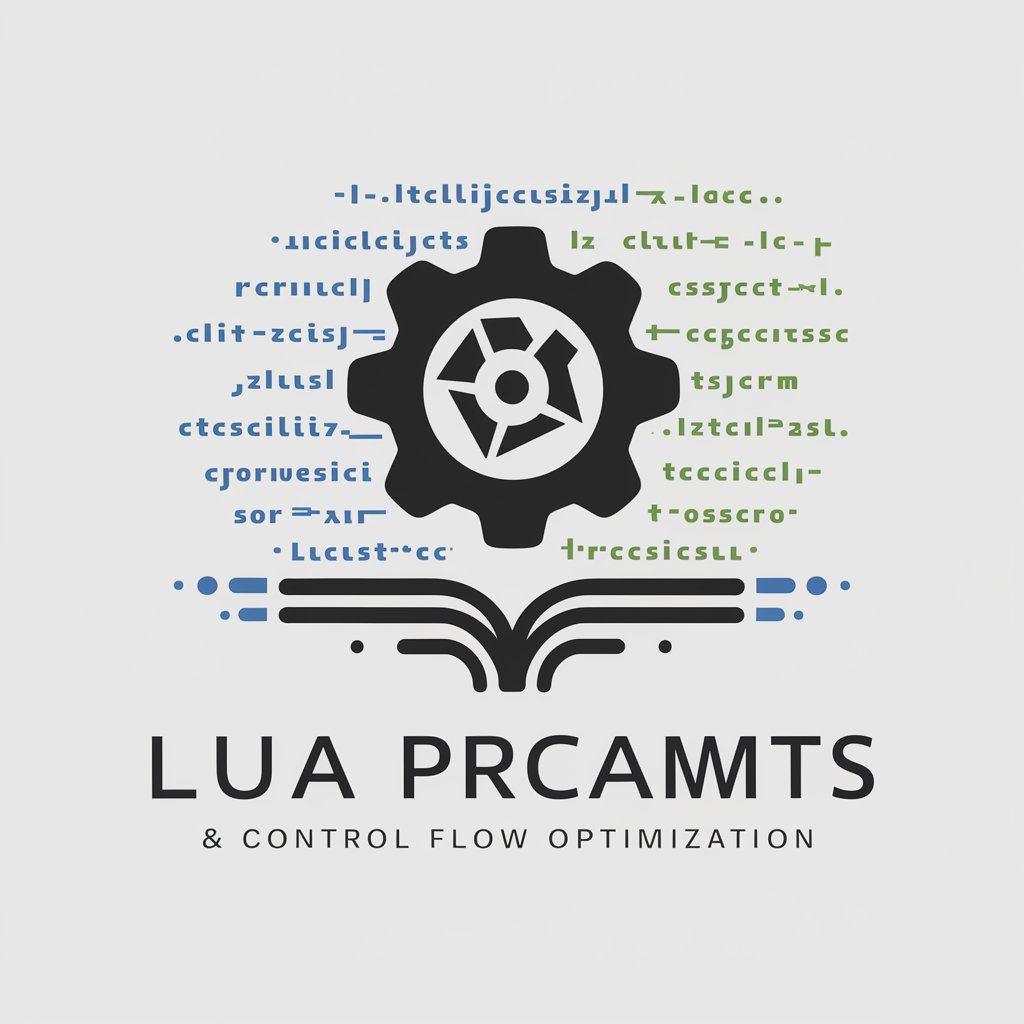
D&D Complete
Elevate Your D&D Campaigns with AI
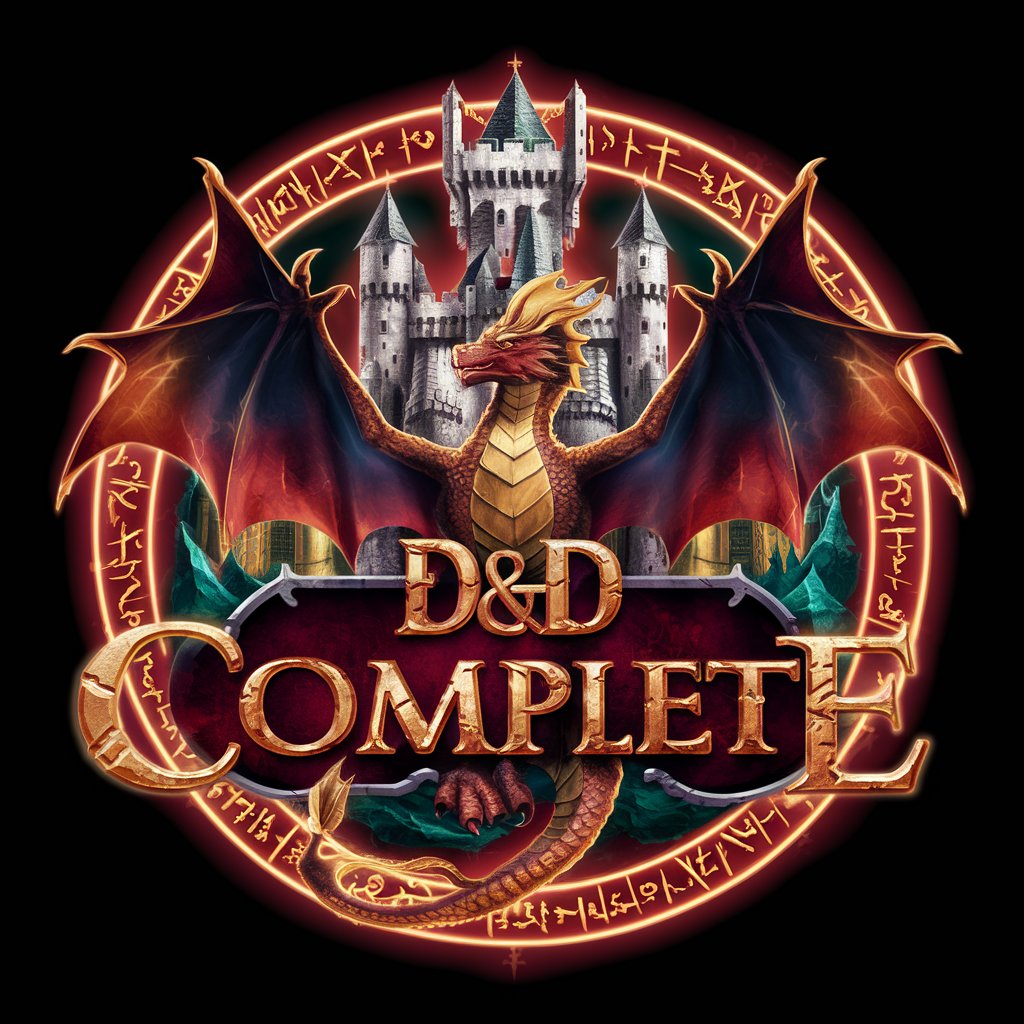
Ch4tGPT Tech Support
Streamlining Tech Support with AI
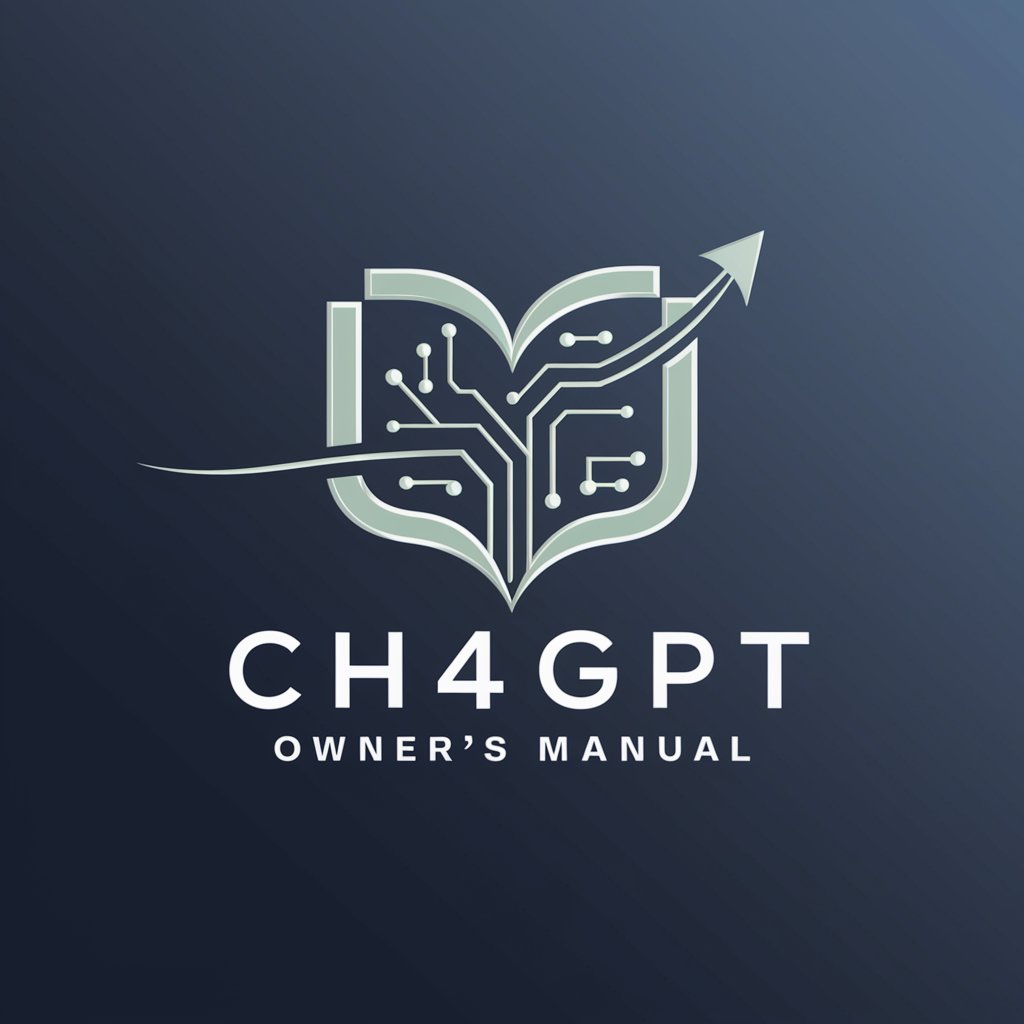
SmallGyfts Profile Builder v1.0
Empowering Profiles with AI
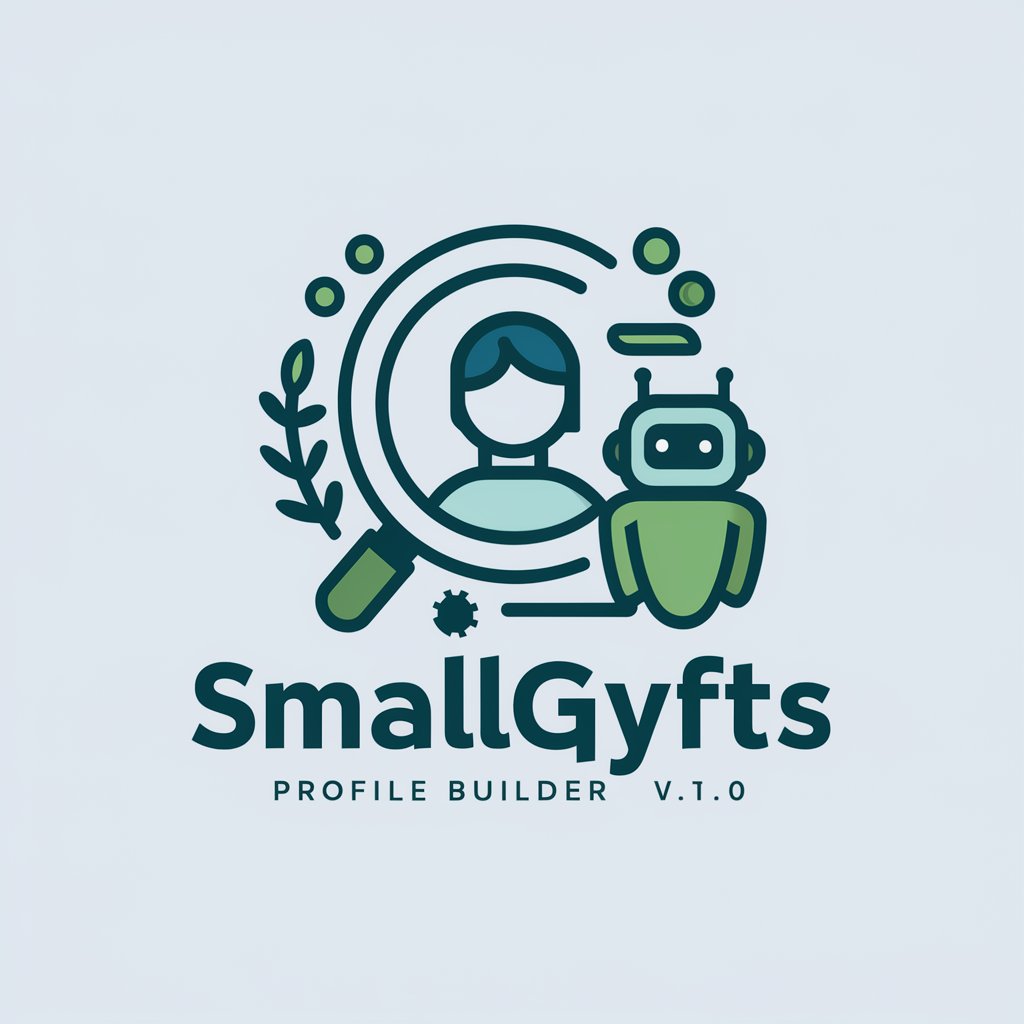
Statistics Bot
Empowering Your Statistical Learning with AI
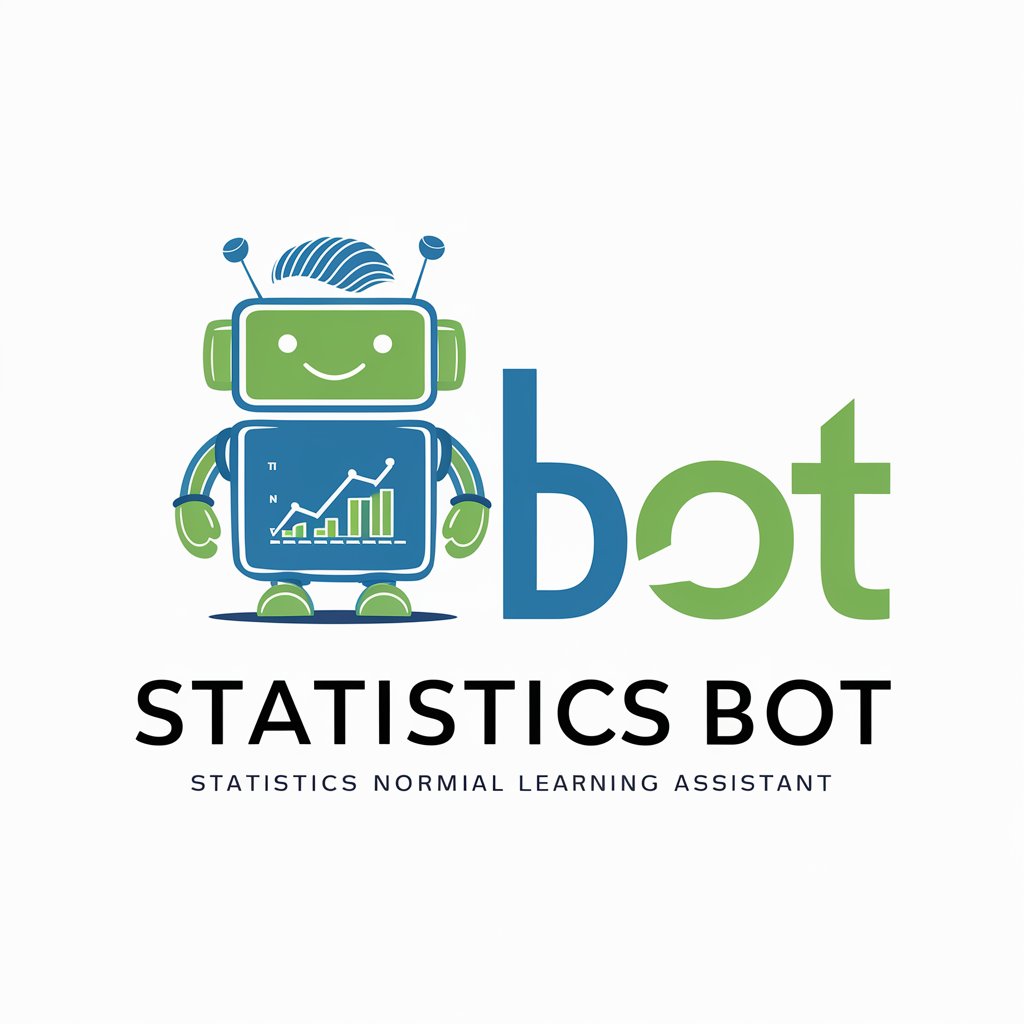
Article Generator for Medium
Effortlessly create AI-driven articles for Medium.

Frequently Asked Questions about Boost Your C++ Application
What are the prerequisites for using Boost libraries in a C++ project?
To use Boost libraries, you should have a basic understanding of C++ programming, familiarity with your development environment, and access to a C++ compiler that is compatible with the version of the Boost libraries you intend to use.
How can I select the right Boost library for my application?
Selecting the right Boost library involves understanding your application's requirements, researching Boost libraries that offer relevant functionalities, and considering factors such as performance implications, compatibility with your existing codebase, and the level of community support.
Are there any common challenges in integrating Boost libraries, and how can I address them?
Common challenges include managing dependencies, ensuring compatibility with your build system, and dealing with potential compile-time and runtime issues. Address these by carefully reading Boost documentation, using dependency management tools, and incrementally integrating and testing Boost libraries.
Can Boost libraries be used in commercial applications?
Yes, Boost libraries are open-source and licensed under the Boost Software License, which is a permissive license that allows for both open-source and commercial use without requiring you to disclose your source code.
What are some strategies for ensuring thread safety when using Boost libraries in multi-threaded applications?
Strategies include using thread-safe Boost libraries designed for concurrent environments, applying mutexes and locks where necessary, and adhering to best practices for multi-threading to prevent race conditions and ensure data integrity.
